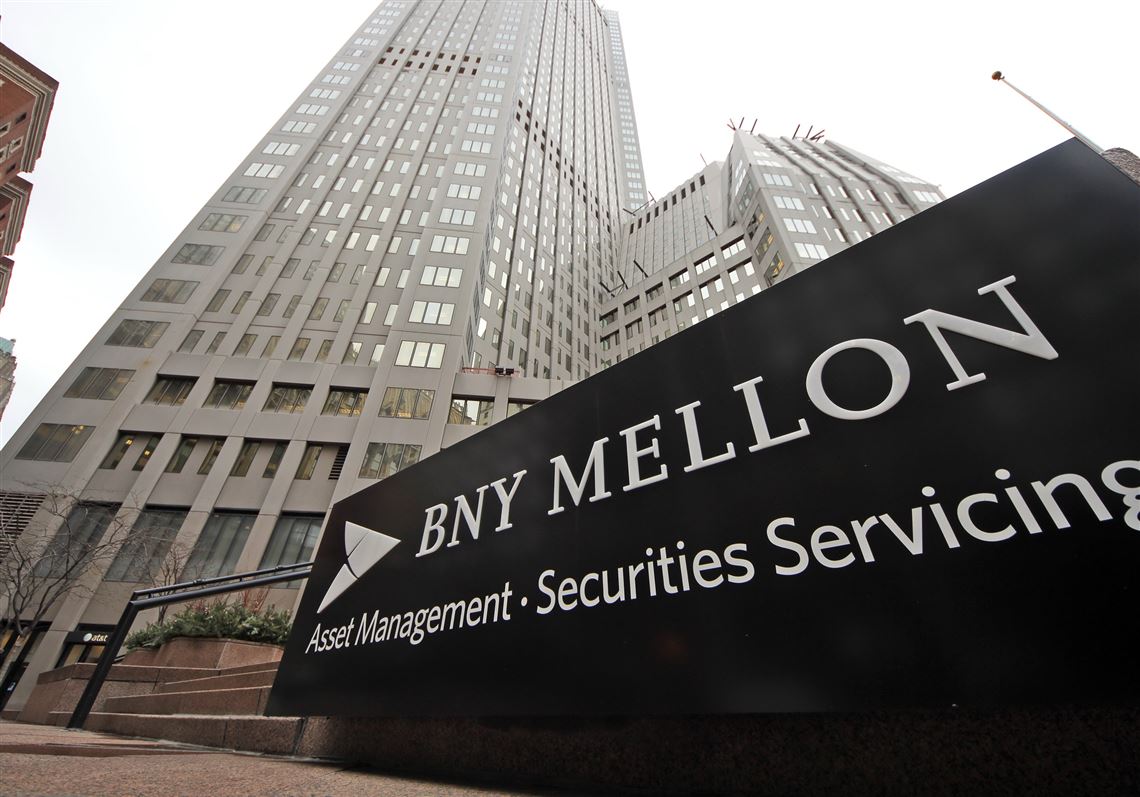BNY Mellon Gets SEC Crypto Exemption, Sparking Concerns
21.09.2024 19:00 2 min. read Alexander Zdravkov
BNY Mellon, the largest custodian bank in the U.S., has reportedly secured an exemption from the SEC's Accounting Bulletin 121 for its institutional crypto custody operations.
BNY Mellon, the largest custodian bank in the U.S., has reportedly secured an exemption from the SEC’s Accounting Bulletin 121 for its institutional crypto custody operations.
This information came to light during an update from Chris Land, an aide to Senator Cynthia Loomis, who mentioned that the SEC has approved BNY Mellon’s participation in digital asset custody. Land stated that BNY Mellon is eager to expand its role in crypto custody but has faced challenges with Staff Accounting Bulletin (SAB) 121. The SEC has apparently granted the bank an exemption to proceed.
SAB 121 mandates that crypto custodians record cryptocurrency holdings on their balance sheets along with a corresponding liability, a requirement widely criticized as burdensome. However, Paul Munter, the SEC’s Chief Accountant, disclosed that the agency has conditionally exempted certain banks and brokerages using blockchain technology from this rule.
Although the bank was not explicitly named, it is believed that BNY Mellon is among those granted relief, with conditions such as cooperating with U.S. regulators to safeguard client assets in the event of bankruptcy.
This development has raised fairness concerns, with Wyoming Select Committee Chairman Cyrus Western criticizing the SEC’s preferential treatment of large institutions like BNY Mellon. He highlighted the difficulties smaller companies, such as Custodia and Kraken, face in navigating the same regulations. While larger firms benefit from regulatory exemptions, smaller players remain on the sidelines.
BNY Mellon’s involvement is seen as a signal of increasing institutional interest in the crypto space, potentially paving the way for more established players to enter the market.
-
1
Weekly Recap: Key Shifts and Milestones Across the Crypto Ecosystem
06.07.2025 17:00 4 min. read -
2
Trump Imposes 50% Tariff on Brazil: Political Tensions and Censorship at the Center
10.07.2025 7:00 2 min. read -
3
Key Crypto Events to Watch in the Next Months
20.07.2025 22:00 2 min. read -
4
USA Imposes Tariffs on Multiple Countries: How the Crypto Market Could React
08.07.2025 8:30 2 min. read -
5
UAE Regulators Dismiss Toncoin Residency Rumors
07.07.2025 11:12 2 min. read
Two Upcoming Decisions Could Shake Crypto Markets This Week
The final days of July could bring critical developments that reshape investor sentiment and influence the next leg of the crypto market’s trend.
Winklevoss Slams JPMorgan for Blocking Gemini’s Banking Access
Tyler Winklevoss, co-founder of crypto exchange Gemini, has accused JPMorgan of retaliating against the platform by freezing its effort to restore banking services.
Robert Kiyosaki Warns: ETFs Aren’t The Real Thing
Renowned author and financial educator Robert Kiyosaki has issued a word of caution to everyday investors relying too heavily on exchange-traded funds (ETFs).
Bitwise CIO: The Four-Year Crypto Cycle is Breaking Down
The classic four-year crypto market cycle—long driven by Bitcoin halvings and boom-bust investor behavior—is losing relevance, according to Bitwise CIO Matt Hougan.
-
1
Weekly Recap: Key Shifts and Milestones Across the Crypto Ecosystem
06.07.2025 17:00 4 min. read -
2
Trump Imposes 50% Tariff on Brazil: Political Tensions and Censorship at the Center
10.07.2025 7:00 2 min. read -
3
Key Crypto Events to Watch in the Next Months
20.07.2025 22:00 2 min. read -
4
USA Imposes Tariffs on Multiple Countries: How the Crypto Market Could React
08.07.2025 8:30 2 min. read -
5
UAE Regulators Dismiss Toncoin Residency Rumors
07.07.2025 11:12 2 min. read


